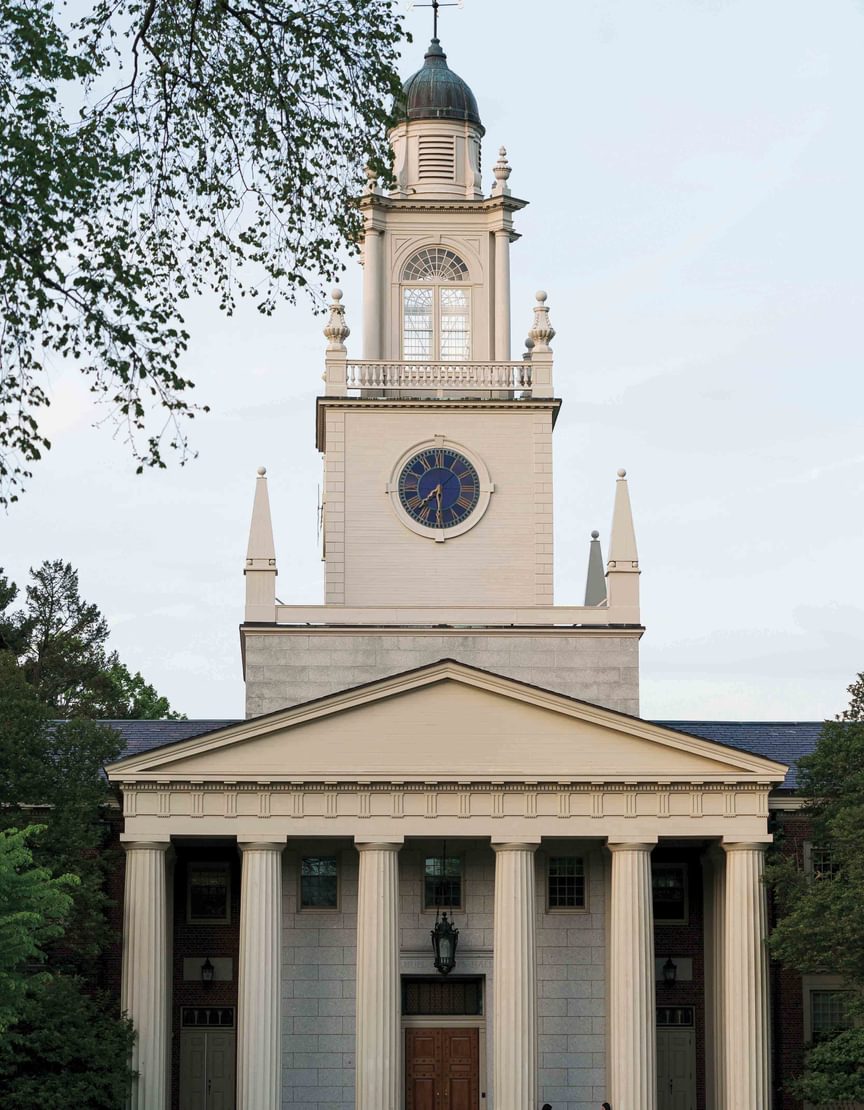
July 29, 2020
For us, for others, for action
Alumni reflections on racismThe Af-Lat-Am Alumni Committee, in partnership with the Office of Alumni Engagement, seeks to connect alumni in our community with each other and with the Academy. With this mission as a guiding principle, we hosted several gatherings this spring, including a reflection series that grappled with the tragic loss of Black lives and the recent reckoning of the enduring effects of systemic racism. This space was created to collectively reflect, grieve, be in solidarity, and begin to transform our grief into collective action. Inspired by these reflective moments, we proudly share our stories here and look to carry this opportunity forward. We are honored to continue to amplify the voices of our Black and Latinx alumni.
—Nick Olmo ’98 and Terri Stroud ’88
Cochairs of the Af-Lat-Am Alumni Committee of Alumni Council
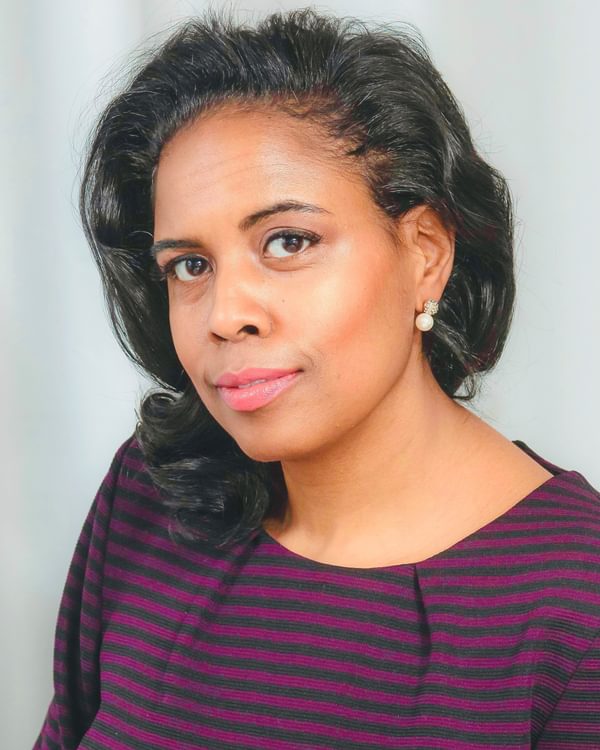 Margaret Doles ’97
Margaret Doles ’97
In My Own Skin
In the days following George Floyd’s murder, I felt shattered into a million pieces.
I felt immense grief for this father, son, lover, brother, and friend. Although this man is a stranger to me, I mourned George’s loss as if I’d shared a bunk with him as a child, sat across from him in fourth grade, met him at my first summer job, and would miss his laugh at my next office social, his warm smile on Sundays at church, or his hug at our next family dinner. I mourned every part of him that was my mother, sisters, and brothers, dearest friends and young nephews—who too could easily be reduced to a Black threat.
I felt the trauma of his death and physically unsafe in my own skin; an easy target for anyone who considered my Blackness a menacing presence in grocery stores, on subways cars, in conference rooms or on my recent walks through unfamiliar neighborhoods. How easy could a chance encounter result in my being confronted by security guards, police, neighbors, or even colleagues judging my presence as sinister, my thoughts as inferior, my very presence a nuisance to disturb peace and order?
I felt desperate for a nation that welcomed me. This same week last year, I visited Greece, where I was adorned with compliments on my goddess-like beauty; fussed over for my rich brown skin. And now I am “home” in a country that brutalizes Black bodies and kills our spirits, when it doesn’t end our lives?
I also felt tremendous guilt. As I witnessed protests ignite the streets of my hometown in Washington, D.C., I imagined a Black woman my age who watched from her home in southeast Washington. She too was mourning George’s death. I didn’t know her, because the distance of Andover and the rewards of corporate America removed me from her reality as a Black single mother, stuck in a food desert with inadequate healthcare, low wage jobs, and soaring housing costs. In my most shameful moments, I judged how loudly she spoke on subway cars. I admonished her for poor choices in wardrobe, how she spent her money, even what she fed her children. I avoided neighborhoods she and I shared as young girls and I cringed when colleagues like her remarked during staff meetings; their language colored with local slang and a distinct drawl.
As I seek to reconcile the grief and trauma caused by George Floyd’s death, I’ve also had to reconcile my own shame. I’ve done so little to directly impact the lives of those who look, sound, and hurt like me. Now I long to eliminate America’s—and my own— duality, dedicating time and resources to enrich impoverished Black communities with affordable housing, improved education, career opportunities, and higher standards of healthcare so that Black girls won’t long to escape childhood neighborhoods, my nephews won’t long to escape injustice at the hands of the police, and I won’t long for distant borders to feel safe and revered in my own skin.
—Margaret Doles ’97
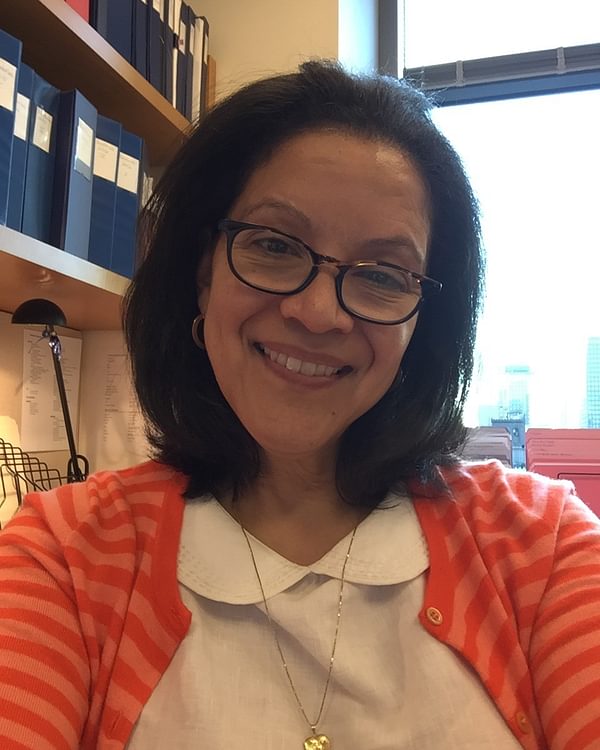 Eunice Martinez ’79
Eunice Martinez ’79
No Effort Too Small
George Floyd’s cry for his Mama while struggling under that racist, life-robbing knee seared my soul with heated rebellion, which the pandemic quickly stripped of any immediate move to action. Fear of COVID-19 and a bone-deep aversion to crowds sidelined me from joining the nationwide groundswell of activists fighting in our public squares for change.
My search for how to make George’s murder—and those of so many others—matter led me back to a simple workplace organizational structure chart that I had tried to change. This chart included only functional division heads, which effectively omitted most of the professionals of color. Months earlier, I had asked that the chart be all-inclusive, but the request was flatly denied. And then this spring, using the agency of the protests I could not join, I renewed my request for the chart to be changed. I was thrilled that the denier was swayed and the entire team will now be included.
This chart revision may seem insignificant, but to those professionals of color who will now be seen, it means a great deal. I share this to encourage anyone and everyone to join the fight for change by making it happen wherever you can, however you can. No effort is too small.
—Eunice Martinez ’79
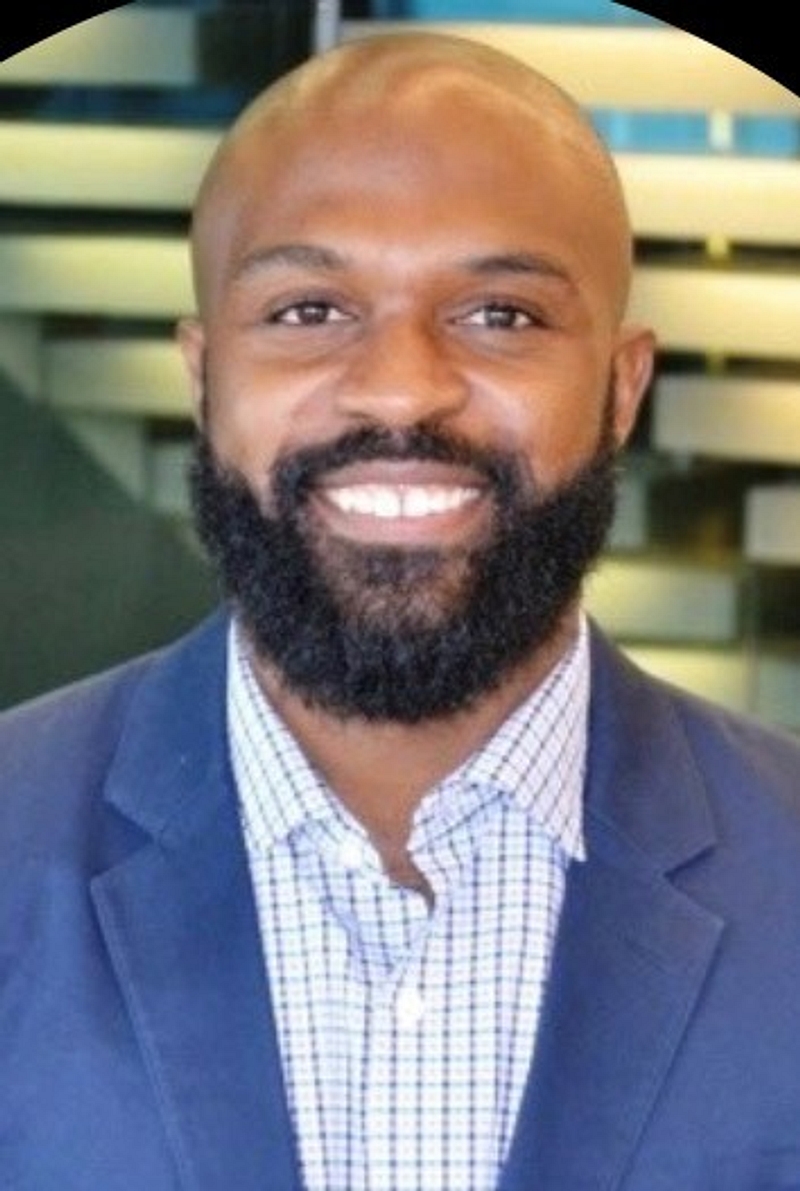 Adjatay Nyadjoh ’03
Adjatay Nyadjoh ’03
Andover Can Do Better
Over the past several months, I have had the luxury of reflecting about my time at Andover. I was a good student, an athlete, and I had a close-knit, diverse group of friends that I always felt comfortable being around. That group of friends has continued to support and inspire me to this day. Our friendship is so close that I am the proud Godfather to a beautiful boy. A true blessing. To say that my Andover experience was a good one would be an understatement. In fact, my experience was overwhelmingly positive.
Maybe it was because I was only 13 upon matriculation, or maybe because like many teenagers, I was wildly self-absorbed, but I was unaware of the magnitude of the struggles that some of my Black peers endured while at Andover.
Recent events have made it indubitably clear that my Andover experience was dissimilar to that of so many other Black students. In listening to their stories, on several occasions there was a need to bring issues around racially motivated discrimination, harassment, and assault to the administration—and all too often in response to those cries for help, Black students were met with ignorance, deafness, and hostility.
This represents a gross failure to adhere to the Academy’s mission of “educating youth from every quarter.” The Latin origins of an “educator” means “one who nourishes.” As that definition has evolved, educators and the education they provide have been synonymous with knowledge or the mitigation of ignorance.
It is evident that racism is pervasive throughout our society, and Andover is not immune to these ills. I am concerned about my school, an institution that I hold so dear to my heart. A place so beloved that I reserve the right to criticize it accordingly.
How will we go forward together? How will teachers and administrators educate themselves, mitigate their ignorance, and demonstrate that they are unabashedly committed to fostering an environment that nurtures and listens to its Black students? The journey to find answers to these questions will not be perfect. Mistakes will be made. But as a Black alum I am committed to finding the answers so that Andover can stay true to its founding principles of knowledge and goodness.
—Adjatay Nyadjoh ’03
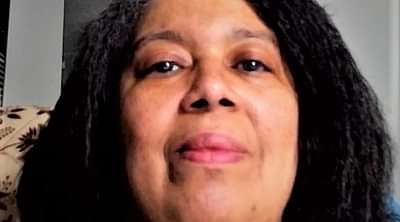 Laree Allston ’74
Laree Allston ’74
The 800-Pound Gorilla in the Room: Racism in America
I was 14 when I first came to the halls of Abbot Academy in 1971. Coming to Andover was an opportunity of a lifetime, but getting there shined a glaring light on the wealth and educational disparities that were lacking in my own community. I am not judging, but I am sure that most of my classmates did not have to take an advanced placement exam in order to be able to travel to a school in a white town whose curriculum was standard for them. As I say to the residents of the Jewish community I live in, “I understand that your reality is not my reality”—everyone’s life is different, and we can only attempt to envision ourselves in someone else’s shoes to even halfway understand the place from which their ideas and actions evolve.
Oddly enough, as much as people of color have been singled out, in some ways we are still invisible, as Ralph Ellison wrote about so eloquently. When I first moved into the apartment complex where I now reside, I encountered several people on the elevator while holding my laundry who would say things like “you’re working late tonight” or “you do such lovely work”—because in their reality, all Black people did was work for white people. It also triggered a painful episode at Andover when, around noontime, a young girl ran past me yelling, “we don’t have math class today,” calling me by my roommate’s name. I had math class at 8 a.m. While I hold the dubious distinction of being one of only two Black females in the first coed graduating class of Phillips Academy, the real crux of the matter was that my roommate and I looked nothing alike. And even more perplexing to me was how could you sit in the same classroom with this person every day and not know what they looked like?
A man who lived over 2,000 years ago told us to love our neighbor as ourselves. That is difficult, as many of us have not learned to genuinely love ourselves. Yet if we saw and felt that white officer’s knee on our own neck, or, for one moment, could imagine the terror felt by every Black man or woman (this doesn’t just happen to Black men), wondering if they would make it back home tonight, our perspective would be irreparably changed.
I will confess that I, although a Christian, cannot help but feel that lump rise in the pit of my stomach every time another injustice is meted out to my people. Forgiveness, however, frees the oppressor as well as the oppressed. Feel free to forgive your ancestors for such an ugly part of the history of this country. Feel free to acknowledge your duplicity in the continued denial that racism does not exist in this country, and still feel free to overcome the fear that may block you from embracing a new chapter in this country’s history.
We cannot deny the past—tearing down monuments does not change the events. But they can serve as reminders that we cannot and will not let that ugliness happen again. Open and honest conversation is the only way to develop a bridge between our past and our future.
I say to my white classmates, continue to use the white privilege that you have to change the world for the better and truly converse with your heart with those who are not like you, racially, socially, or ethnically. Acknowledge our differences—that is what makes life interesting. And find the common ground—that is what makes us equal.
In closing, I am hopeful: I see a spiritual awakening in this country. We, as a nation, have finally confronted the 800-pound gorilla in the room and have begun to ask the questions that should have been asked decades, maybe even centuries ago—why is he here, what does he want, and, once and for all, how do we make him go away and truly become our brother’s keeper?
—Laree Allston ’74
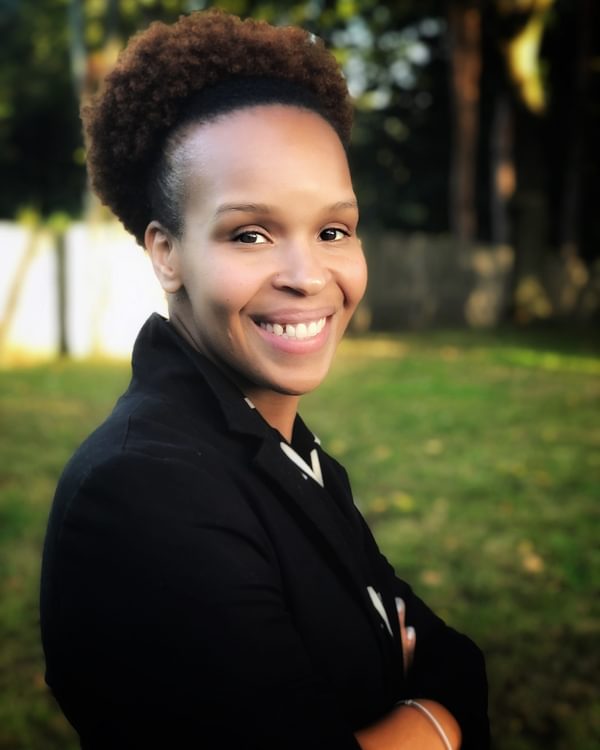 Tiffany Joseph ’00
Tiffany Joseph ’00
America is at a Crossroads
I have experienced the range of emotions over the last few weeks: frustration, sadness, exhaustion, hope, inspiration, rejuvenation. Between the pandemic and the protests for racial justice in light of George Floyd’s death, I feel that this country and the world are at a crossroads. The path we have been on for centuries is not sustainable as evidenced by the various movements for social justice we have seen in recent years.
I will continue to use my work as a sociologist to bring awareness of racial and other forms of injustice in my classes, research, and social circles and to push for structural change in my spheres of influence and the broader society. But I also hope that more White Americans will educate themselves and each other to dismantle the systemic racism that has brought us to this current moment.
Black Americans and other Americans of color have carried the burden so long for a racist system we did not create. We cannot be the only ones responsible for transforming it; a collective effort is necessary to make the change we want to see.
—Tiffany Joseph ’00
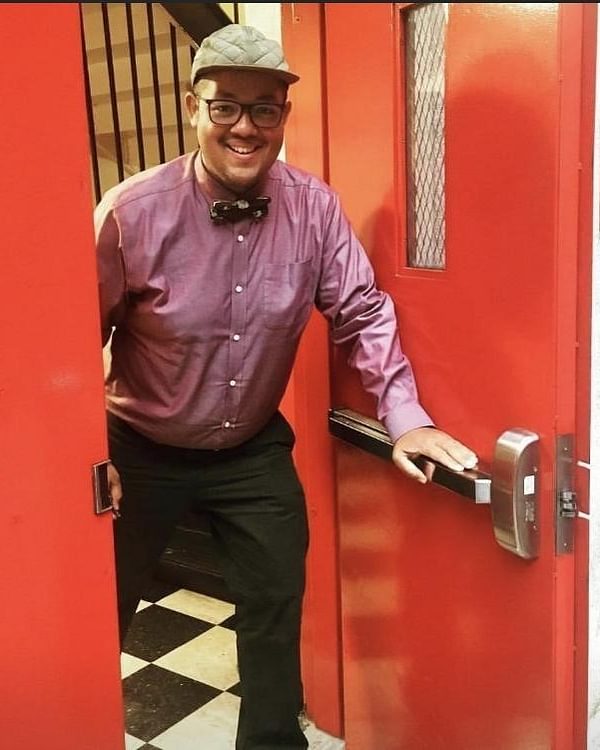 David Robles ’88
David Robles ’88
Three Smiles
Being Black at Andover can easily be a long chapter in Joseph Campbell’s The Hero’s Journey, under “Crossing the Threshold.” One particular day, when the goodness of God shone more than any other day, three people smiled.
On this day, Mr. Tom Regan and I sat down at a round table in our English 300 class. He smiled and said, “You know, a guy like you comes around once every 25 years.” If you were still alive today, Tom, I would thank you for laying out that kind of math for me. He had no idea what it was like being black at Andover, but if there was nobody like me since 1972, then maybe Andover was better for having me and not the other way around.
From Bullfinch, I walked over to the financial aid office, where Mr. Jim Ventre sat me down. He sat hunched over, shaking his head, big goofy smile on his face, eyes twinkling, exuding warmth and love. “Somebody heard you pray at church yesterday and wanted you to have this.” Ventre handed me a thank-you card, and in it, were four crisp $50-dollar bills, just in time to pick up gifts for Christmas. The running testimony is in the yearbook. Read any Black or Brown graduate’s dedication, and we dedicate at least a sentence to Mr. Ventre. Maybe we lifted up Mr. Ventre to where he is with our combined prayers and exhortations of gratitude and love.
That same day, I spotted Rev. Felipe Zaeder walking his dog, Chico, up Main Street near Graves. “Estimado David!” he cried, with a warm, all-knowing, Gandalf smile, “I was hoping to run into you.” And he waxed all deep and sagacious and poetic in his ethereal voice about a line in Chaucer that reminded him of a passage in scripture. With $200 dollars sitting in my pocket for Christmas, it was hard to concentrate on the wisdom Reverend Zaeder tried to impress upon me.
Those four years were like a baptism through fire. In those four years, I emerged as a life-long learner with life-long friendships. I laughed with all of my laughter and cried with all of my tears. I made all of the mistakes; I failed and learned how to fail gracefully. I reflected, I asked for help when I needed it, and because of three smiles, I can smile at my own students with the same faith. I can pour my heart out on a classroom floor in Harlem as this educator points other Black and Brown students to their true north, knowing the trials and tribulations that lay ahead.
Three smiles on campus proved to me that I belong. We belong here, my brothers and sisters, and because we crossed the threshold, everybody else in this school is better because of it.
—David Robles ’88
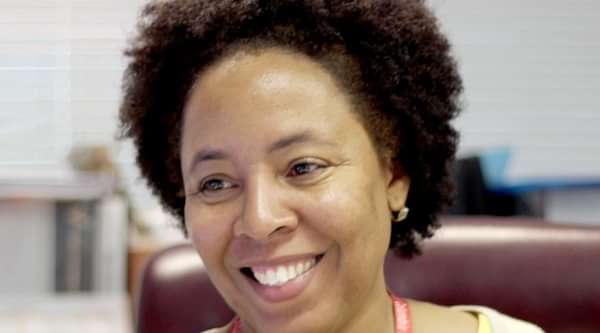 Terri Stroud ’88
Terri Stroud ’88
How You See Us Matters
I have 11 Black nephews. They are sweet and annoying, generous and Scrooge-like, agreeable and bull-headed, they are perfect and they make mistakes. They are human beings.
I live with the constant fear that they will do nothing, yet be killed. I lose sleep worrying that they will do something that someone else would be forgiven for, yet be killed because they do not fit the description of someone who merits forgiveness. I am told that I am experiencing anticipatory grief.
Usually, this term refers to feelings occurring before an impending loss. At the moment, my nephews are healthy and safe. (At least, that's what they tell me when they deign to call me or pick up the phone when I call them.) So, why this fear of impending loss? Well, my nephews are Black men. As we have seen far too frequently and far too clearly, their status as such renders them subject to execution by people who deny their humanity.
I have lived with this fear, with this anticipatory grief for a while now. But it has been heightened since Ahmaud, since George, and since Breonna (#sayHERname). So when my nephews tell me they are going to participate in protests, I wholeheartedly encourage them, but then I curl up in the fetal position and cry, worrying they won't make it back home. And if I call and they don't answer, I jump straight to the worst-case scenario.
I hate feeling this way. And I hope my nephews never read this; I don't want them to know I feel this way. I don't want them to feel and carry this fear. Because they love me, that means my pain is theirs. They are beautiful and cool like that.
I wish that society's default view of them would be to see them THAT way.
I think that the Andover community is situated about as well as any institution could be to do the transformative, far-reaching work that would grant my wish. I am looking forward to seeing us do what we must do.
—Terri Stroud ’88
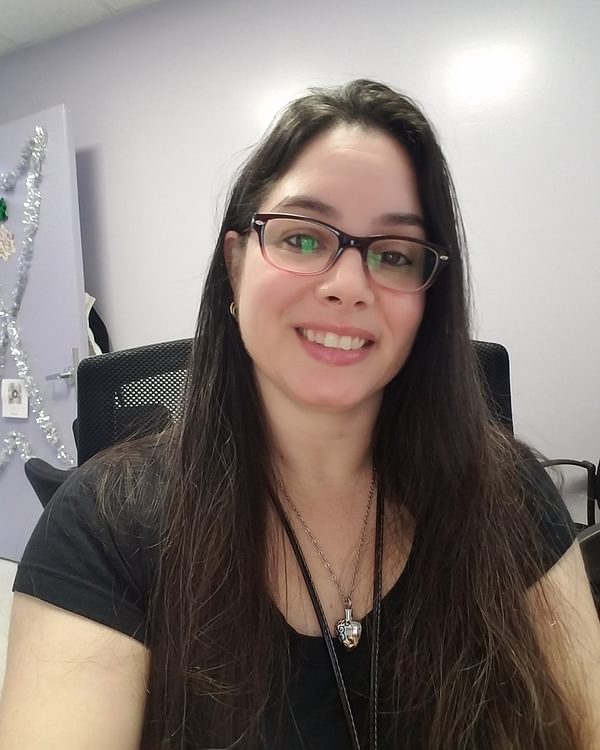 Elizabeth Rodriguez ’90
Elizabeth Rodriguez ’90
The Worry of Mothers
As a mental health worker, I have witnessed the extreme anxiety that has been triggered due to the current climate of society. I am helping mothers, myself included, deal with the anxiety of worrying about our young men each time they step out of the house. We are filled with worries and doubt about their return home. As a mother, my heart fills with dread when my son doesn't answer his phone right away. As a clinician, I try my best to help mothers deal with that anxiety as well as help those young men understand the context of that worry to improve communication between them and their mothers. I pray for the mothers, as well as the sons and daughters, daily. I pray that God protects us all and gives us the strength to stand up for the change needed to end these worries. God bless the fathers who have to worry about themselves as much as they worry about their children each day they walk out of their homes.
—Elizabeth Rodriguez ’90
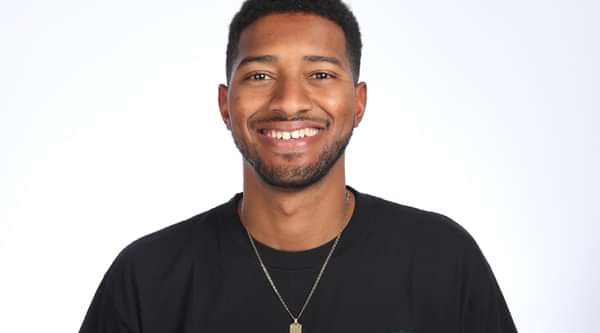 Jelani Floyd ’07
Jelani Floyd ’07
Why Don’t We Practice What We Preach?
I have become so numb to the world in general that I honestly don't know how I am feeling and I suppose that is the reason we are all here at this point—at a point where life has been slowed down, forcing us to feel and think. As a result of COVID-19, everyone saw clear as day—finally void of gaslighted racist excuses—how George Floyd, someone whom I share a last name with, was murdered by a racist police officer for being Black.
The Black Lives Matter movement went from radical to something White America all of a sudden sympathized with and decided to publicly support. The thing is though, this isn’t anything new. This has been going on dating back to The Tulsa Black Race Massacre and Emmet Till. So are White people trying to hear us now? Nothing gives me hope that this movement will last beyond this moment once there is a vaccination for COVID-19.
White corporations, tech firms, and institutions have made public statements supporting Black Lives Matter and the fight against racism. However, internally, they perpetuate and protect the system by not practicing what they are preaching—evidenced in the lack of Black people employed at these same places, the lack of Black people in positions of power at them, and the lack of Black people who have ownership in them. We live in a world full of fake but now is not the time to say things you don’t mean or that you don’t want to be held accountable for White America.
This is a human issue and while I don’t have the privilege of things going back to normal and not having to deal with this race issue anymore once this is over, it is my hope that you give and promote and use your resources and voice to empower Black people, especially economically. By the way, education doesn't level the playing field: “Black households headed by a college graduate had 30% less wealth than white families headed by someone with no college degree. In addition, the top 10% of African-American households, in terms of wealth, still had just 20% of wealth held by the top 10% of white households” according to Barron's, a leading source for U.S. financial information published by Dow Jones & Company.
—Jelani Floyd ’07
Categories: Alumni
Other Stories
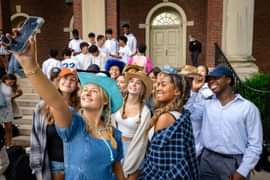
They’re simple and flexible. And increasingly, Andover investors are utilizing them to strengthen what they love at PA.
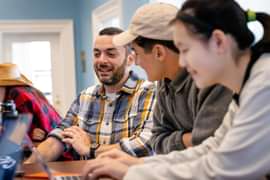
Andover classrooms are on the cusp of an AI-powered transformation.



